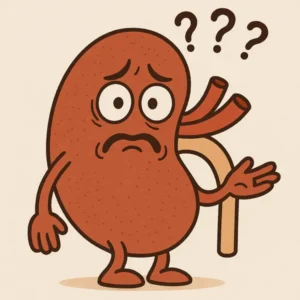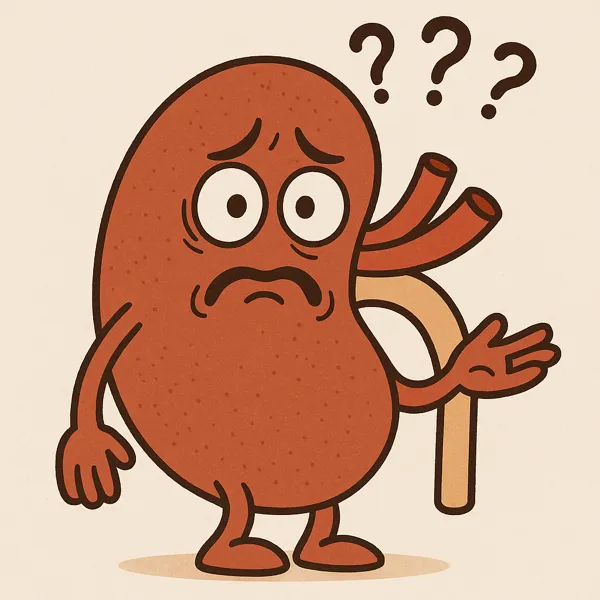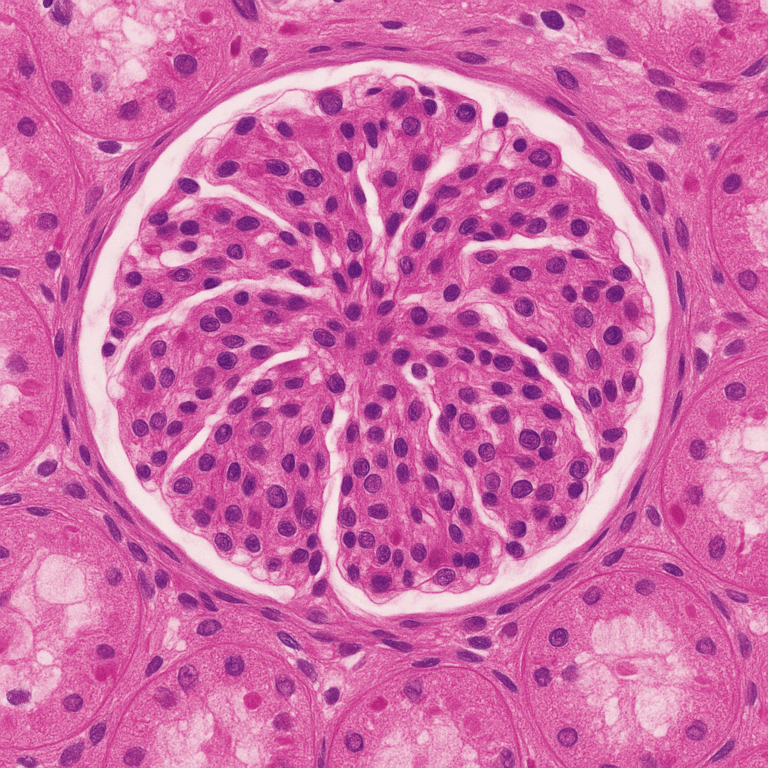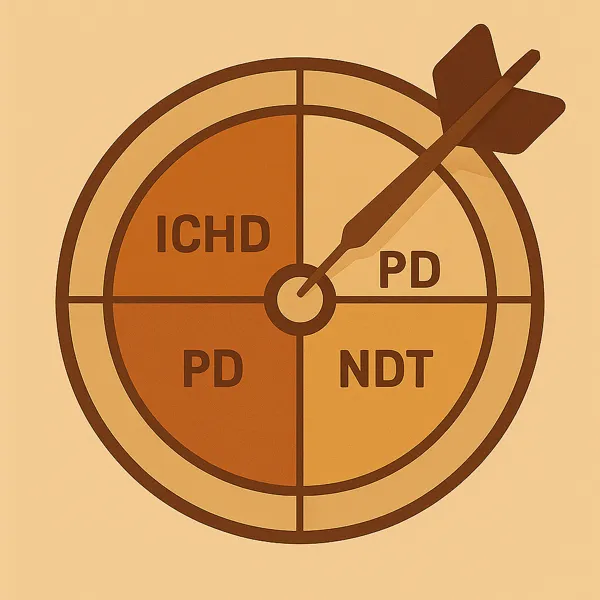What Causes of Chronic Kidney Disease Should You Know About?
Chronic kidney disease (CKD) is a condition in which the kidneys gradually lose their ability to filter waste and maintain fluid and electrolyte balance. It’s a serious health issue that affects millions of people worldwide. Understanding the causes of chronic kidney disease can help with early detection, prevention, and proper treatment. In this article, we’ll explore the top causes of chronic kidney disease, including both common and less-recognized contributors.
1. Diabetes: One of the Most Common Causes of CKD
The leading cause of chronic kidney disease is diabetes, especially type 2 diabetes. High blood sugar levels over time damage the small blood vessels in the kidneys, impairing their filtering function. This condition is known as diabetic nephropathy and can progress silently until significant kidney damage has occurred.
- Up to 40% of people with diabetes may eventually develop CKD.
- Tight blood sugar control is crucial for preventing diabetic kidney disease.
2. High Blood Pressure (Hypertension)
High blood pressure is another major cause of chronic kidney disease. Elevated pressure within the arteries damages the delicate structures inside the kidneys. Over time, this leads to scarring, loss of function, and eventually, kidney failure.
- Hypertension often coexists with diabetes, accelerating kidney damage.
- Uncontrolled blood pressure is a major modifiable risk factor.
3. Repeated Acute Kidney Injury (AKI)
Many people are surprised to learn that repeated episodes of acute kidney injury—sudden and severe drops in kidney function—can lead to chronic damage. These injuries can result from severe infections, major surgeries, trauma, or heart failure.
- Even full recovery from AKI doesn’t mean the kidneys are completely unharmed.
- Recurrent AKI increases long-term risk of CKD development.
4. Nephrotoxic Medications and Exposures
Another overlooked cause of chronic kidney disease is exposure to nephrotoxic substances—drugs or chemicals that can harm the kidneys. These include:
- NSAIDs (like ibuprofen or naproxen), especially with chronic use
- Certain antibiotics (like aminoglycosides)
- Contrast dyes used in imaging studies
- Herbal supplements with heavy metals
- Toxic ingestions, such as antifreeze or industrial solvents
Avoiding unnecessary nephrotoxic exposures can significantly reduce risk.
5. Dehydration and Rhabdomyolysis
Severe dehydration, especially when combined with muscle injury or rhabdomyolysis, can overwhelm the kidneys. This occurs when muscle breakdown products like myoglobin clog the kidneys’ filtration system.
- High-risk situations include endurance exercise, heatstroke, and trauma.
- Prompt hydration and medical care are essential to minimize lasting damage.
6. Genetic and Inherited Kidney Disorders
Some people are born with a genetic predisposition. Inherited conditions such as:
- Polycystic kidney disease (PKD)
- Alport syndrome
- Other familial glomerulopathies
These disorders are responsible for a significant share of CKD cases, especially in younger patients. Genetic testing may help clarify risk for family members and guide early intervention.
7. Chronic Glomerulonephritis
Inflammation of the kidney’s filtering units, or glomeruli, fall into a distinct grouping for causes chronic kidney disease. This is usually identified during evaluation of proteinuria and can result from:
- Autoimmune conditions (e.g., lupus nephritis)
- IgA nephropathy
- Post-infectious glomerulonephritis
These diseases often require immunosuppressive therapy and close nephrology care.
8. Obstruction and Reflux
Blockages in the urinary system can cause hydronephrosis, leading to long-term kidney damage. This can result from:
- Kidney stones
- Enlarged prostate
- Recurrent urinary tract infections
- Congenital abnormalities such as vesicoureteral reflux
Urinary tract obstruction is one of the reversible causes of chronic kidney disease with early urologic evaluation.
9. Unknown or Idiopathic Causes of Chronic Kidney Disease

Unfortunately, many people are diagnosed with CKD without a known cause. This is often labeled idiopathic CKD, but that doesn’t mean care isn’t needed.
- Silent contributors like long-standing undiagnosed hypertension or past AKI events may play a role.
- Ongoing CKD management is crucial to preserve remaining kidney function.
Why Understanding the Causes of Chronic Kidney Disease Matters
Identifying the causes of chronic kidney disease is the first step toward prevention, early detection, and personalized treatment. If you’re at risk for diabetes, high blood pressure, or other kidney stressors, regular lab testing and blood pressure monitoring are essential.
Talk to your doctor about your personal risk factors and whether kidney function testing is appropriate. Recognizing the causes of chronic kidney disease early can delay or even prevent the progression to dialysis or transplant.







